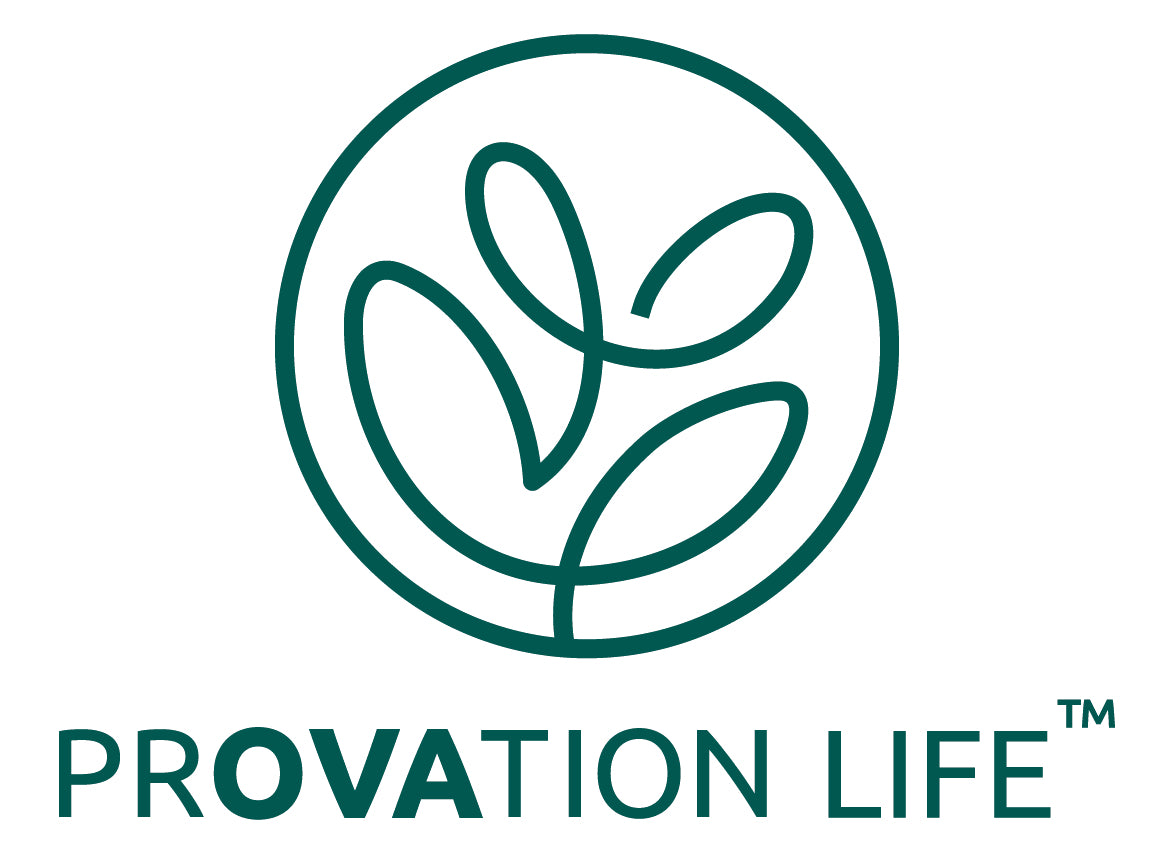Gut health, referred to as microbiome, is crucial for overall health and well-being. A healthy microbiome is characterized by a diverse and balanced population of microorganisms. A healthy microbiome can help improve nutrient absorption, enhance the body's ability to produce and absorb vitamins, and support the immune system by preventing harmful pathogens from colonizing. Additionally, a healthy microbiome can help regulate mood and cognitive function by producing neurotransmitters, such as serotonin and GABA.
A healthy microbiome is essential for overall health and well-being, and maintaining a diverse and balanced population of microorganisms is crucial to supporting various physiological processes and preventing disease.
What is a Microbiome?
The microbiome refers to the collection of bacteria, fungi, viruses and other microorganisms found throughout our bodies; these organisms play an essential role in regulating various bodily functions such as metabolism, digestion and immunity. This means that changes in our microbiome may be linked to hormonal imbalances associated with PCOS. A distinct Microbiome has been associated and may play a causative role in the disease and improving the microbiome is a key first step in improving overall health and wellbeing.
Studies have shown that imbalances in the microbiome, also known as dysbiosis, can lead to a range of health problems, including digestive disorders, obesity, and chronic diseases such as diabetes and heart disease.
Gut Health and PCOS
Polycystic Ovary Syndrome (PCOS) is a complex, chronic health condition affecting women of reproductive age. It is estimated that 1-2 in 10 women are affected by PCOS, which affects the hormones and makes it difficult to become pregnant. Recent research has demonstrated a potential correlation between changes in the microbiome and PCOS manifestation, although the exact mechanisms behind this potential relationship remain unknown.
Microbiome and PCOS - A Natural Approach
As research continues to reveal the importance of microbiome health for PCOS, there are many things that one can do to improve their microbiome and promote good health. The following are 9 easy and effective tips to help improve microbiome health.
1. Increase Fermented Foods: Fermented foods are packed full of beneficial bacteria that helps to re-balance the microbiome. Beneficial fermented foods include yogurts, cheese, kimchi, sauerkraut, vinegar, kefir, and miso.
2. Increase Fiber Intake: Fibers are essential for good gut health, as they help feed the beneficial bacteria in the microbiome. Increasing fiber intake can include adding more plant-based foods to the diet, such as legumes, vegetables, fruits, nuts, and seeds.
3. Increase Prebiotic Intake: Prebiotic foods, like fiber, help to increase the abundance of beneficial bacteria in the gut by serving as a food source for them. Prebiotics can be found in onions, garlic, asparagus, oats, and apples.
4. Add Some Probiotic Supplements: Probiotics play an important role in gut health, as they are live organisms (such as bacteria and yeast) that help to promote good bacterial diversity in the microbiome. Probiotic supplements can be found in capsule, powder, or liquid forms.
5. Avoid Over Processed Foods: Over processed foods can increase bad bacteria in the gut, leading to an imbalance in the microbiome. Foods that are high in refined sugar, white flour, and artificial sweeteners should be avoided.
6. Practice Stress Reduction Techniques: Stress can increase the amount of bad bacteria in the gut and lead to an imbalance in the microbiome. Stress reduction techniques, such as yoga, meditation, and deep breathing can help to reduce the amount of stress hormones in the body and promote a healthy microbiome.
7. Exercise Regularly: Exercise helps to stimulate the digestive system and encourage gut health. Regular movement helps to increase the flow of beneficial bacteria in the body, while reducing bad bacteria levels.
8. Reduce Sugar Intake: Eating too much sugar can disrupt the balance of the gut microbiome and lead to poor digestion, inflammation, and other health issues. Reducing sugar intake, while continuing to eat moderate amounts of natural sugars can help to promote a healthy microbiome.
9. Sleep Well: Poor sleep has been linked to a decrease in beneficial bacteria in the Gut and Lack of sleep can increase stress, which affects the gut. This can lead to a host of issues including bloating, inflammation, stomach pains, food sensitivities, and changes to the gut microbiome
In conclusion, improving your microbiome is a crucial step towards ensuring overall health and well-being, including your ovarian health. This can be achieved through simple lifestyle changes such as consuming a diverse range of whole foods, reducing stress levels, and getting enough sleep. Probiotic-rich foods and supplements can also help boost the good bacteria in your gut. It is also important to avoid factors that can negatively impact your microbiome, such as excessive use of antibiotics and a diet high in processed foods. By taking steps to improve your microbiome, you can reap the numerous health benefits that a healthy gut has to offer.












